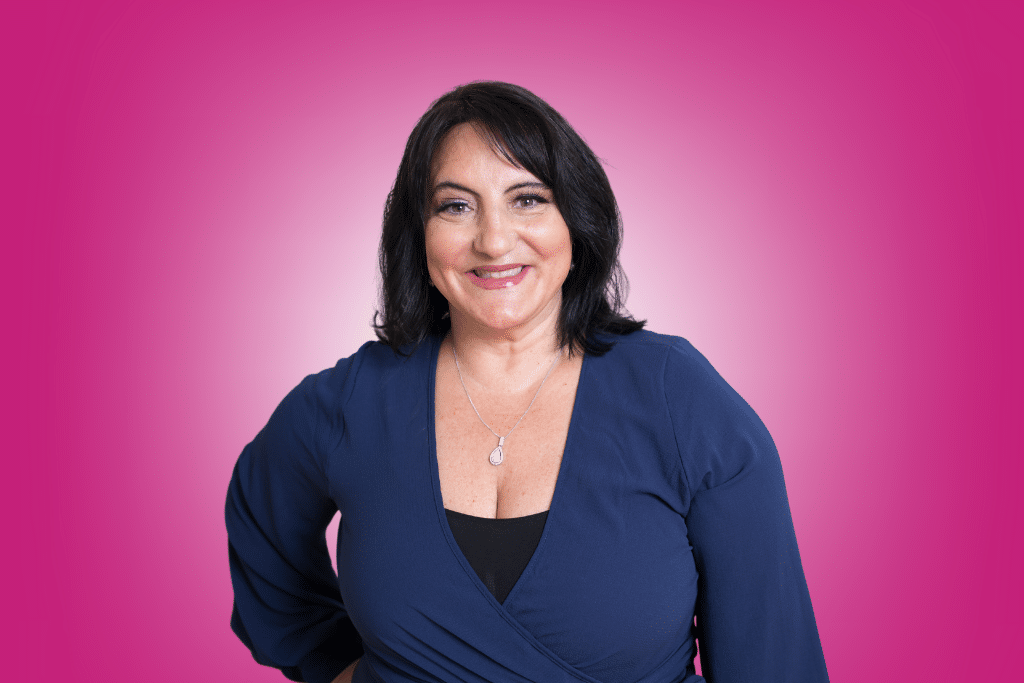One of the frequently asked questions in my Brain Behavior Reset Program is how to calm a dysregulated child. This question goes beyond developmental stages, challenging our expectations of emotional self-regulation.
Join me in another episode as we explore how to calm a dysregulated child and look at different strategies and effective solutions to help both parents and children with emotional well-being.
Regulating or calming a dysregulated child's nervous system.
The impact of our Brain Behavior Rest program and our Calm PEMF device, an FDA-regulated nervous system tool, is significant. I personally use it daily, as does my entire family because beyond neurofeedback, our program goes beyond, beginning with diagnostics.
In order to calm a dysregulated child, it’s important to prioritize self-care. When parents prioritize self-care, they demonstrate the importance of managing stress and emotions effectively. This sets a positive example for children to follow in times of distress. Our Multi-Mag Brain Formula is also helpful in improving brain development, cognitive function, focus and attention, and mental and emotional well being.
Another step is to avoid arguing with an emotionally dysregulated child. When a child is in a state of emotional dysregulation, engaging in arguments tends to exacerbate the situation, escalating tension and hindering the child's ability to self-regulate.
Parents should also proactively regulate their own nervous system, particularly in the face of stressful situations, as this is a fundamental aspect of maintaining emotional resilience. Techniques such as deep breathing, mindfulness, or utilizing science-backed tools like the Calm PEMF device can contribute to regulation. For mothers, you may dedicate just 10 minutes each day to replenish yourself. This intentional time investment can be a game-changer. Remember that a well-regulated nervous system allows you to be emotionally available for your children.
Acknowledging that no parent is perfect.
Parents should embrace the fact that they are not perfect, and that it's okay to make mistakes or face challenges. Being kind to oneself involves acknowledging the imperfections that come with the complexities of parenting.
Apologizing when necessary and modeling the desired behavior not only fosters better communication and problem-solving but also serves as opportunities for personal growth. These instances offer valuable lessons, contributing to the journey of guiding one's child through development and evolving as a parent.
It's also important not to take a dysregulated child's behavior personally considering that they often act without meaning to be mean. It's better to think about what might be causing their behavior instead. In line with this, talking openly with your child about situations that might be stressful and letting them be part of decision-making helps them handle challenges better and builds their emotional strength.
Parenting strategies for children with special needs.
It's crucial not to assume that your child automatically knows what to do, especially during challenging periods like flares caused by various factors such as stress, OCD, anxiety, or ADHD. In these instances, their response mechanisms may not be fully established. And so, understanding that these difficulties can arise due to stressors, mental health conditions, or neurodivergent traits is vital for effective support.
Neurodivergent children may require additional guidance and reinforcement to develop coping skills. To help our kids handle challenging times, we teach them skills and ways to solve problems while helping them handle stress better.
As we explore effective ways to calm a dysregulated child, remember that it's an ongoing journey of understanding, compassion, and skill development. By staying tuned to our ongoing series, you'll gain further insights into nurturing the overall well-being of your children.
Related Blogs and Podcasts:
How to Deal With Emotional Dysregulation
Heal Dysregulated Nervous System
Fostering Emotional Regulation
To learn more about Dr. Roseann Capanna-Hodge and science-backed mental health solutions, please visit www.drroseann.com.
Links and Resources:
➡️ Join our FREE Natural Parenting Community to receive science-backed resources for your child and family. Join here.
➡️ Get help from Dr. Roseann and her team. Apply here.
➡️ “Is it ADHD or something else?” Take the quiz.








